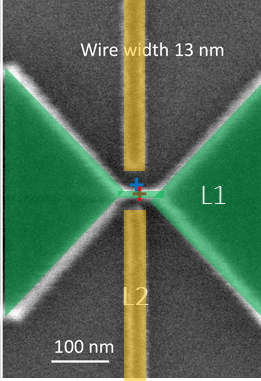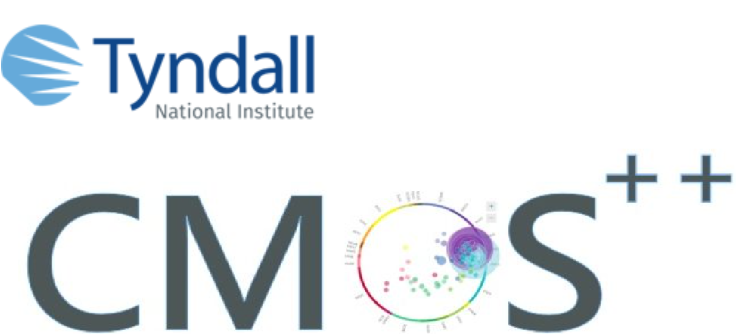The Tyndall Flexifab allows the integration of new materials, device and subsystem concepts, from the nano- to the meso-scale, thereby, enabling research across nanoelectronics, nanophotonics and nanobiotechnology. Silicon nanostructures with sub-10 nm dimensions have been fabricated to be used as quantum electronic devices and sensors. One of the key deliverables of the programme is to demonstrate quantum advantage using solid-state platforms which are CMOS compatible. Quantum computers could offer exponentially faster computing over today’s conventional processors to address optimization problems in designing targeted drugs more efficiently and for personalized medicine, increasing food production in an environmental sustainable way, improving logistics to protect our natural resources, and managing financial and personal risk. Quantum internet holds the promise of super-secure communications and together with quantum sensors establish new ways to build ultra-sharp telescopes or even detect gravitational waves. Ultrasensitive quantum sensors can also be used in advanced medical imaging.

Tyndall is also very active in European forums, coordinating the ‘Quantum in Space’ network and contributing to the Strategic Research Agenda of the Quantum Technology Flagship. We also work together with our CIT colleagues in the CUSPIDOR project, the only Irish participation funded under the Quantum European Research Area Network QUANTERA.

